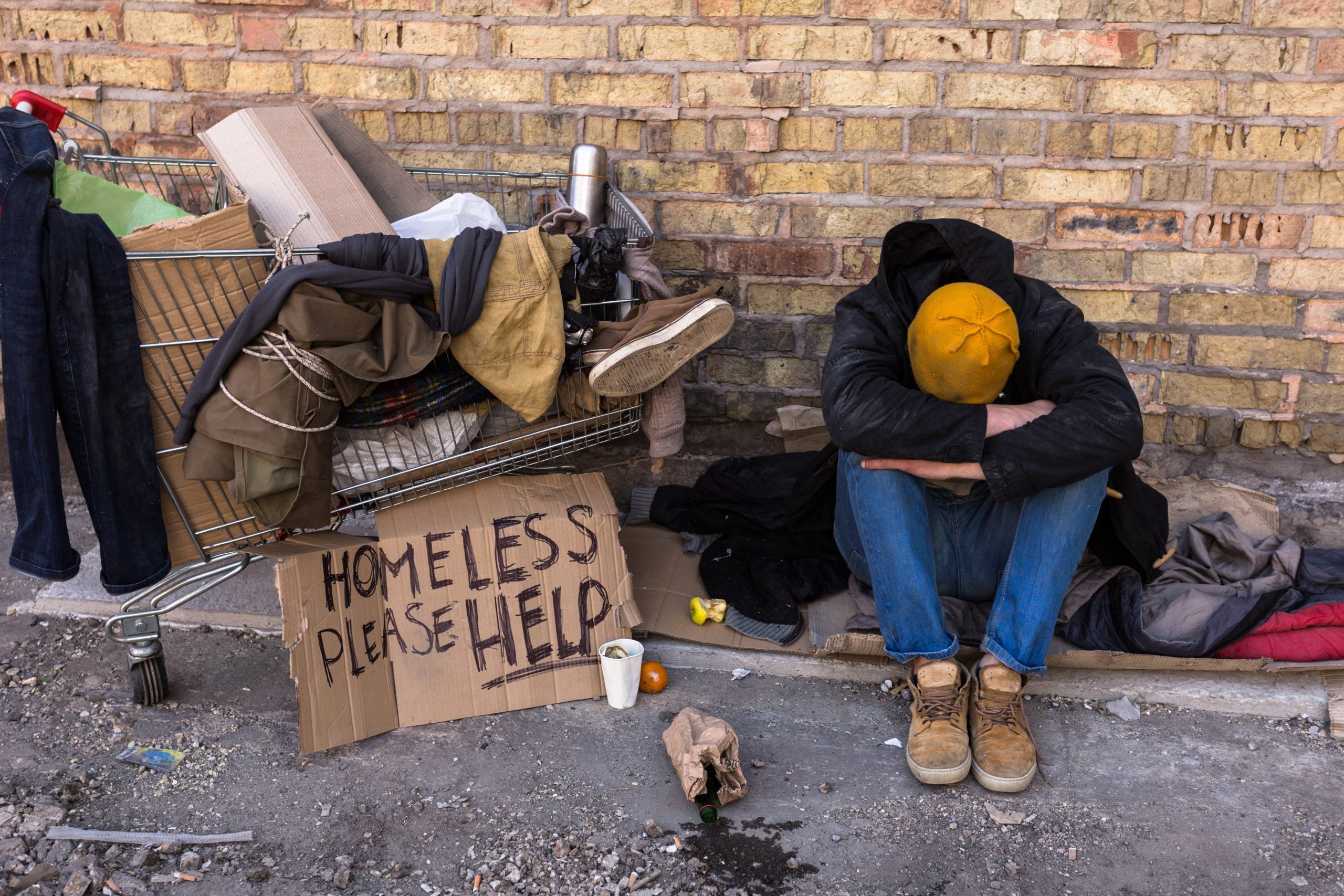A decision by the Second Division of the Court of Appeals of Georgia has given the homeless and problem clients a way to stay in motels without paying until they are taken through the eviction process, motel owners say.
The May 2022 ruling states that residents of extended stay motels can be considered “tenants” as opposed to “guests” and cannot be kicked out for any reason without a court order, causing the extended stay motels to be treated the same as apartments under the law.
The court ruling does not define how long a person must stay on the property to be considered a “tenant.”
J. R. Tregeagle, manager of the Budget Inn and Suites, says that word of the court ruling is being passed around on the streets, and it has become a major problem for business.
MORE: Pleasant Home Road development gets support from Planning Commission
“The Sheriff’s deputies don’t know what to do because the guests know about this court ruling, so they tell the deputies that the motel is their residence and the deputies then tell me I have to file for eviction,” Tregeagle said.
Tregeagle told members of the Public Services Committee, in front of a contingent of motel owners, at the Nov. 8 meeting of one guest who had paid daily, but had stayed over a month.
According to Tregeagle, he was concerned that the woman was involved in prostitution and other crimes, so as soon as she failed to pay for the room, he moved to kick her out of the building only to be told by deputies that she must be allowed to stay.
“She’s still there, not paying any rent. There is nothing I can do about it,” Tregeagle said.
G. B. Sharma, a local hotel owner since 1984, backed up Tregeagle’s assertions and said some long term guests will have loud parties and leave trash all over the parking lot, but when the deputies arrive, they advise him to file with the court and clean up the discarded trash himself.
“There shouldn’t be any confusion between a motel guest and an apartment tenant because when they rent a motel room, they sign a registration card, when they rent an apartment, they sign a lease,” Sherman said.
Members of the Public Service committee consulted with City Attorney Wayne Brown on the matter who reminded commissioners that state law as well as the court system supersedes any local ordinance.
The motel owners, as a means of easing their financial burden, asked the committee to consider suspending the transportation tax for non-paying guests awaiting eviction.
MORE: Planning Commission votes down south Augusta subdivision again
No such motion was made.
The decision by the Court of Appeals has been appealed to the Georgia Supreme Court, but that body has yet to accept the case, meaning that the lower court ruling may stay. Brown told the motel owners that their only recourse may be to hire an attorney or take the matter before the state legislature.
The committee did task the City Attorney with consulting with the Sheriff’s counsel and bringing back any suggestions before the full commission at its scheduled Nov. 29 meeting.
Scott Hudson is the senior reporter for The Augusta Press. Reach him at scott@theaugustapress.com










